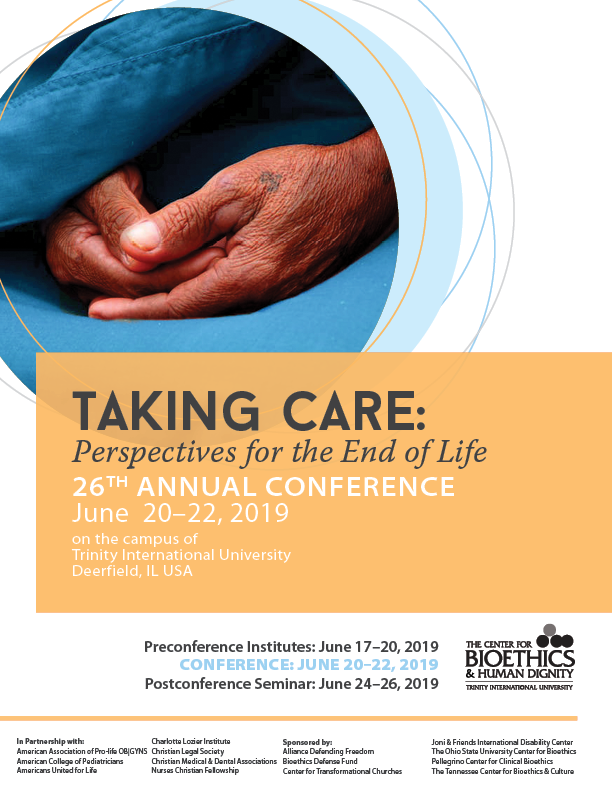
CRISPR/Cas9 technology can edit the human genome and human germline. Theological considerations provide some limits on using this reproductive technology. It is unclear whether the Bible interdicts mankind from editing the human germline. The obligation to love one’s neighbor and providing medical care must be balanced against what appears to be reserved to God. Some scholarship suggests that curative medical intervention is obligatory. Editing the human germline raises bioethical issues depending on the intent and effects of the edit. One is not exercising autonomy over one’s own body but rather someone yet unborn. Beneficence is clear in some cases where the edit is genuinely therapeutic but can be unclear otherwise. Non-maleficence is a significant concern due to the potential for off-target effects of CRISPR/Cas9 technology. With “enhancement” (a relative term), issues of social justice also arise. No universal rule declares whether edits are ethically and theologically proper, but conclusions can be drawn in specific cases. Therapeutic edits to prevent progeny from inheriting a genetic disease are presumptively beneficent. Theologically, such an edit seems proper because it forestalls a future medical need. Germline edits for purely cosmetic enhancement are likely unsound both theologically and bioethically. An edit seeking to give an advantage over others raises severe issues of social justice, and from a theological perspective, would be unsound when it changes mankind from its God-given and God-taken form, usurps God’s role, or tends to glorify man rather than God.